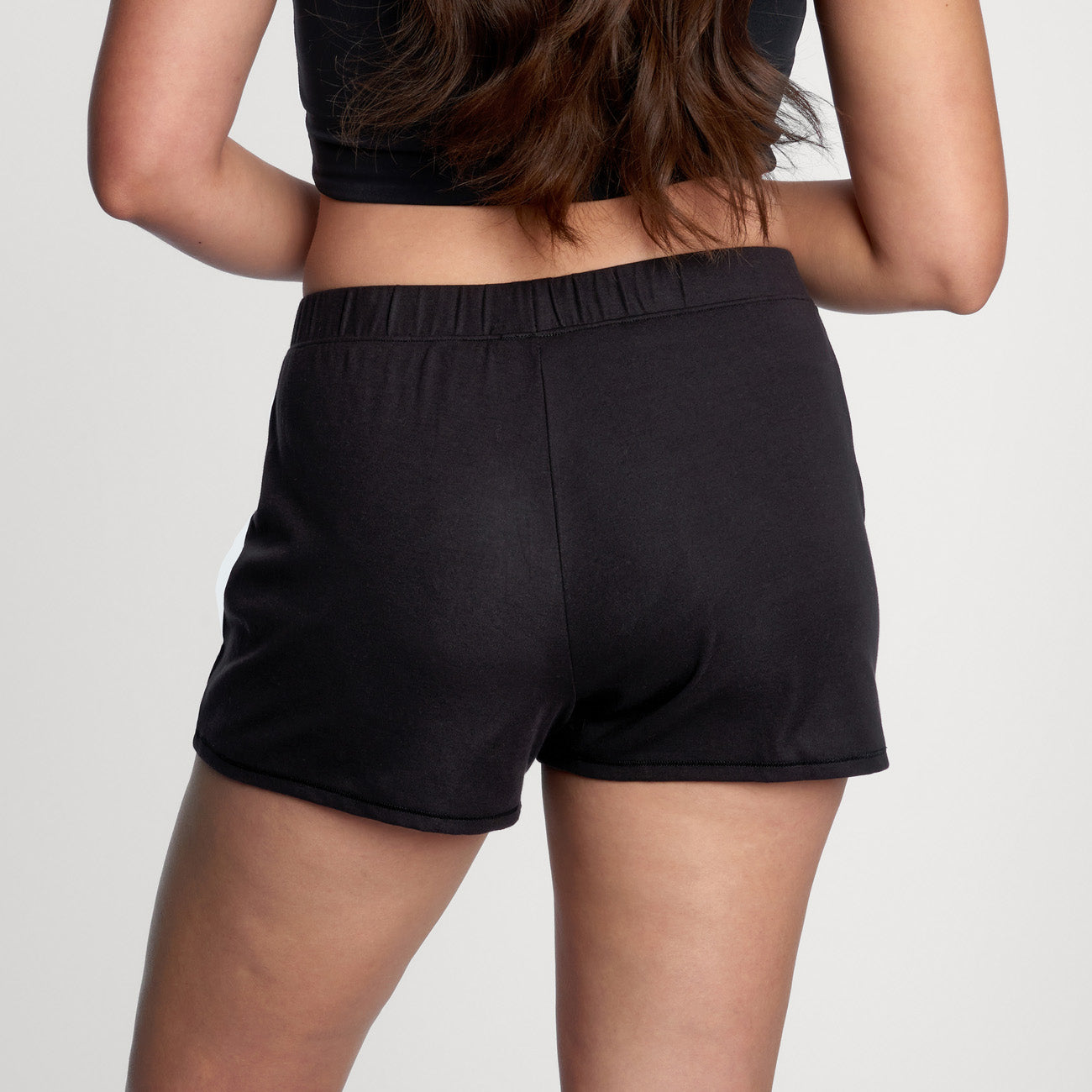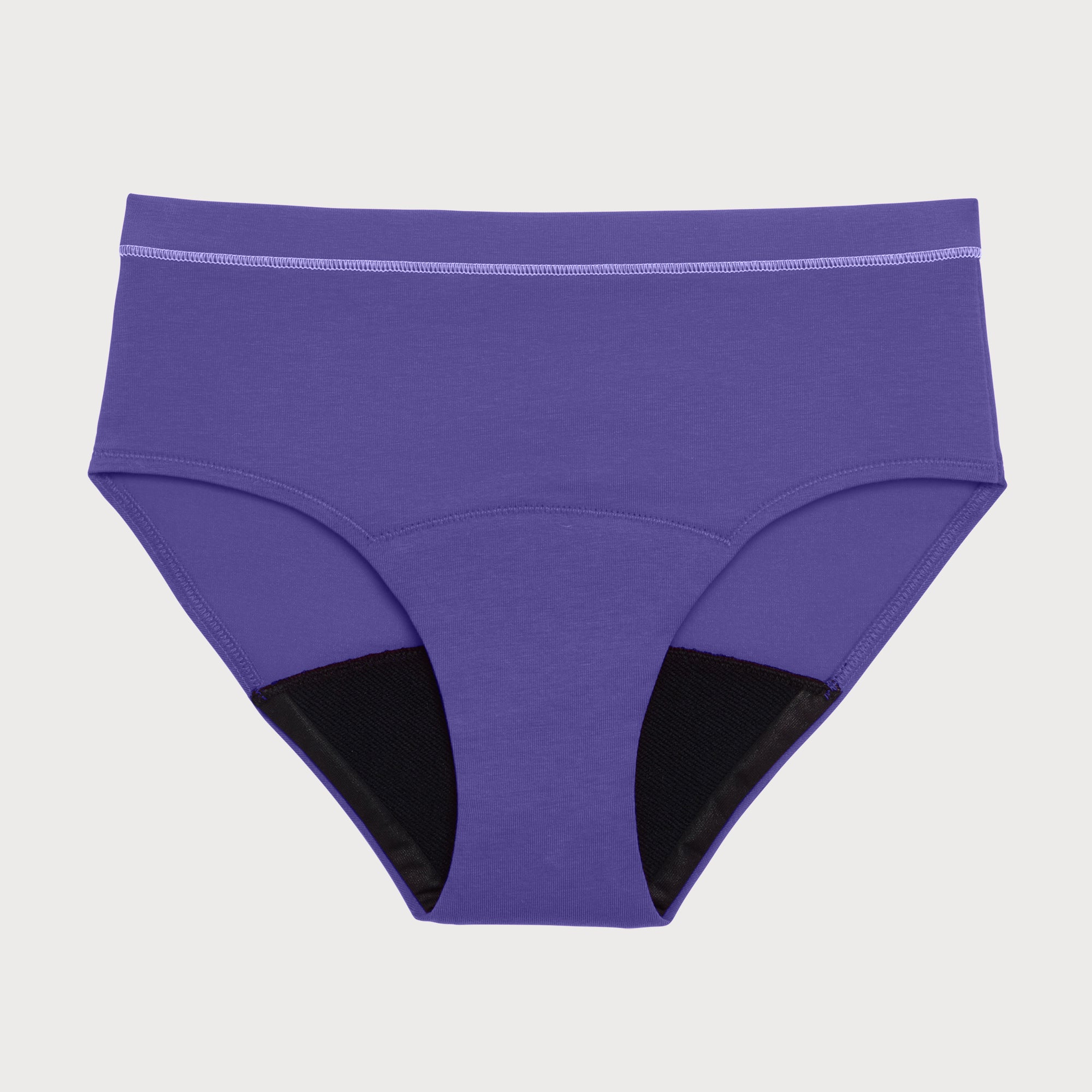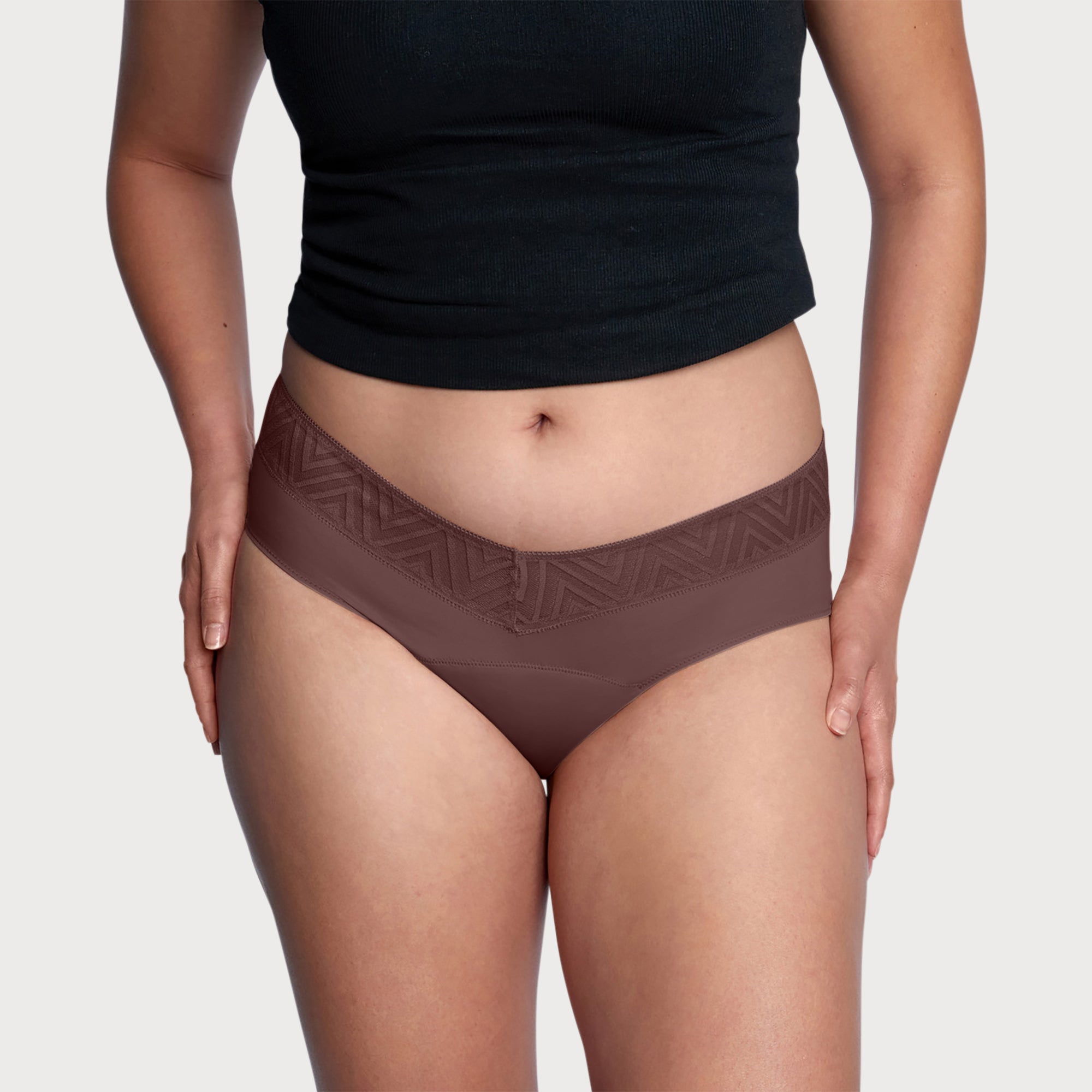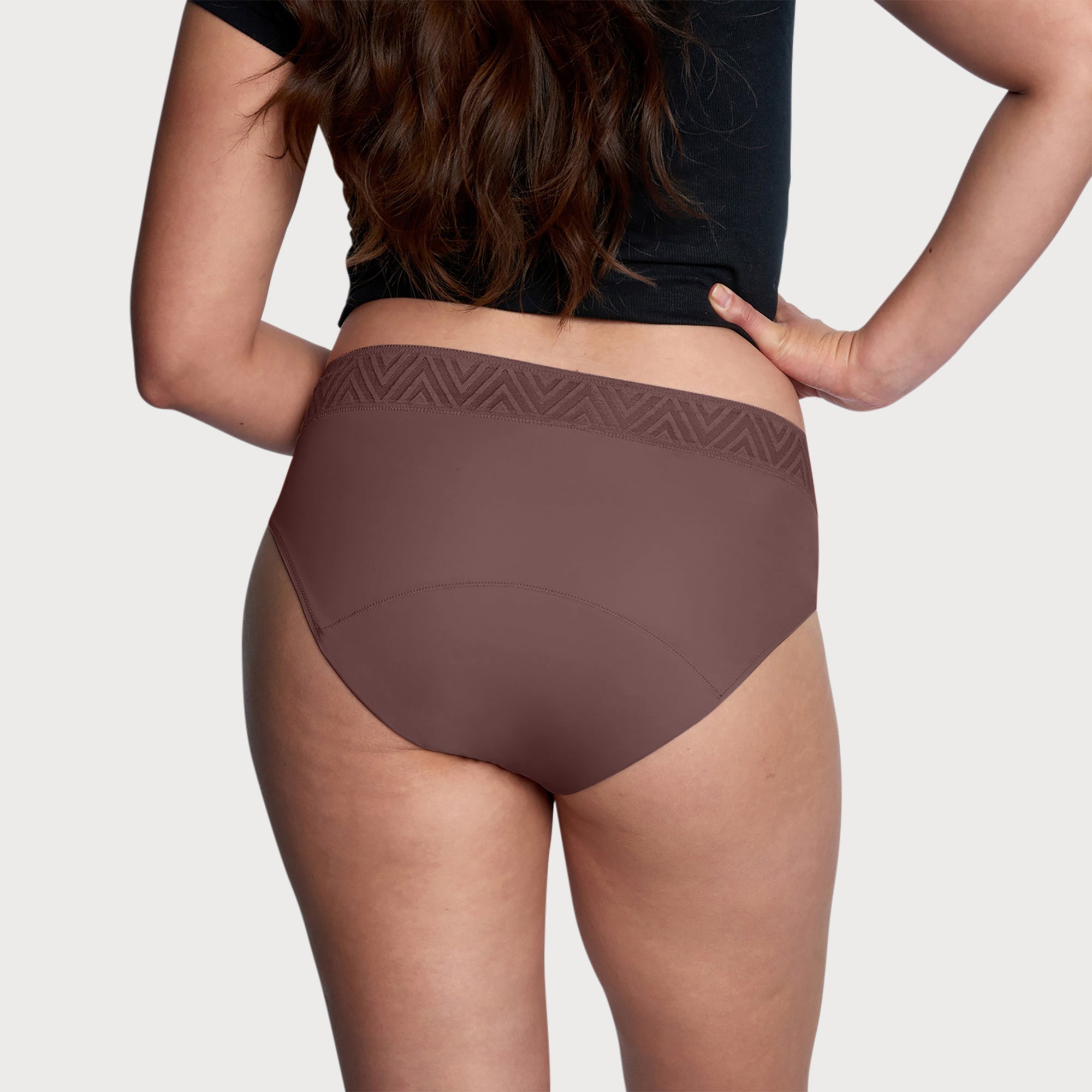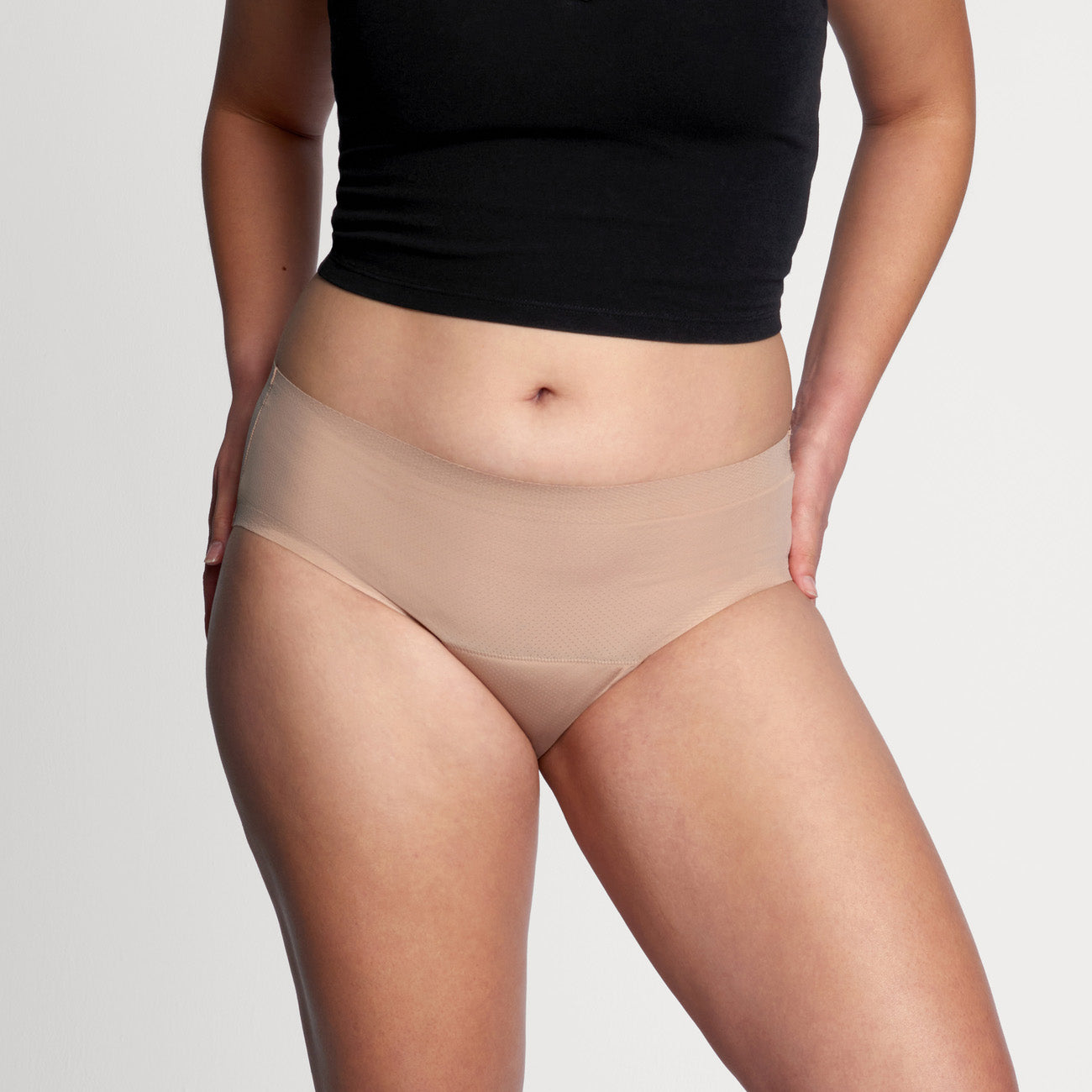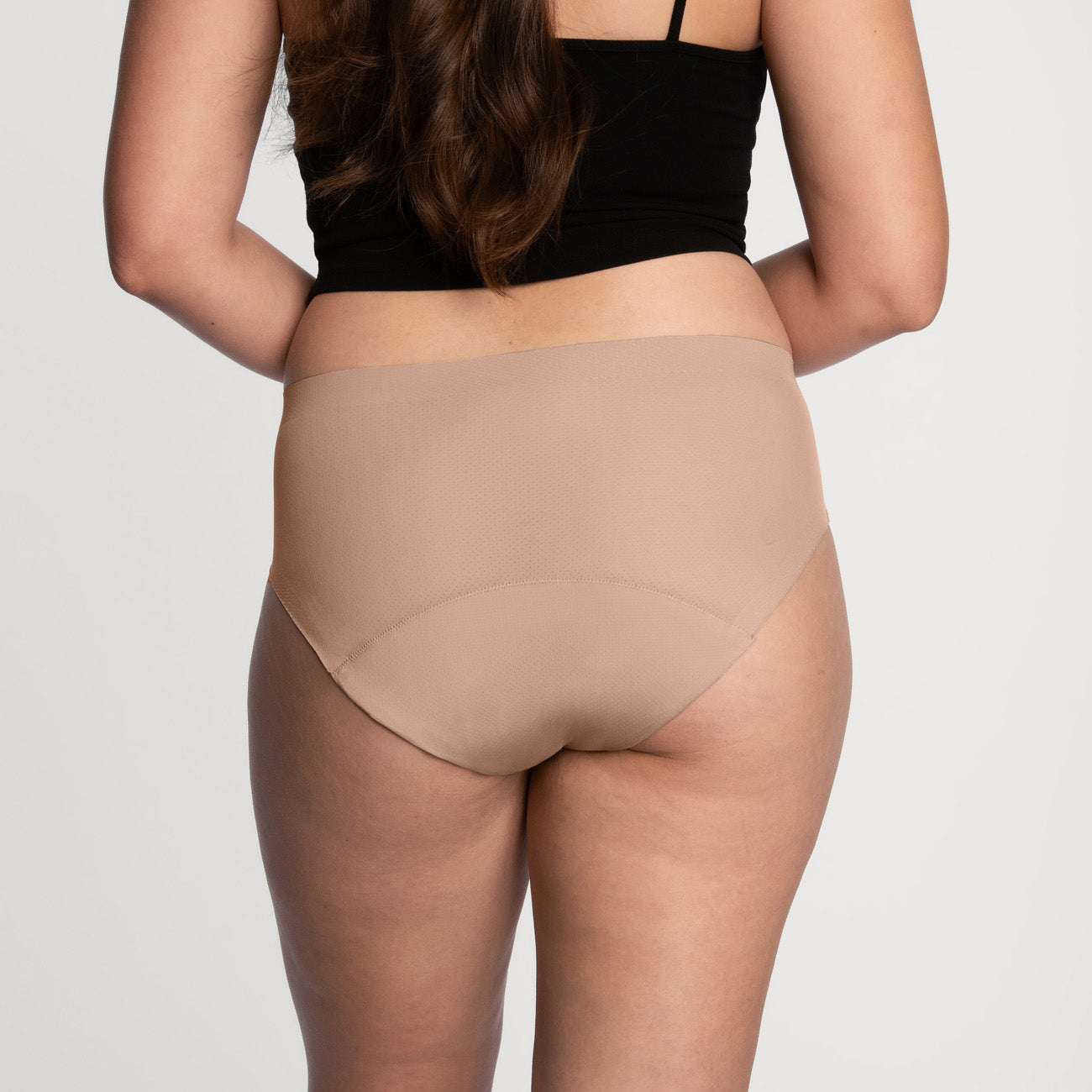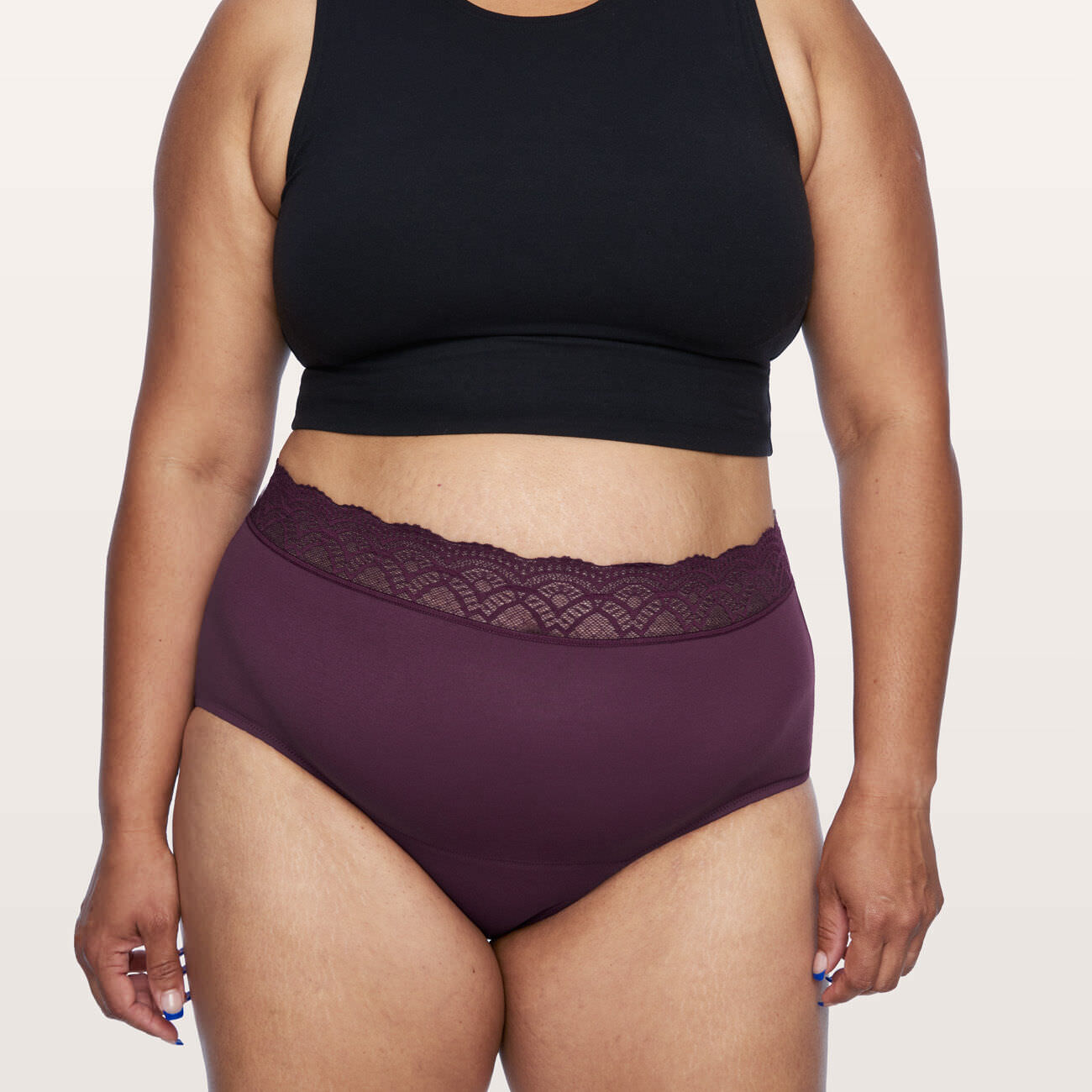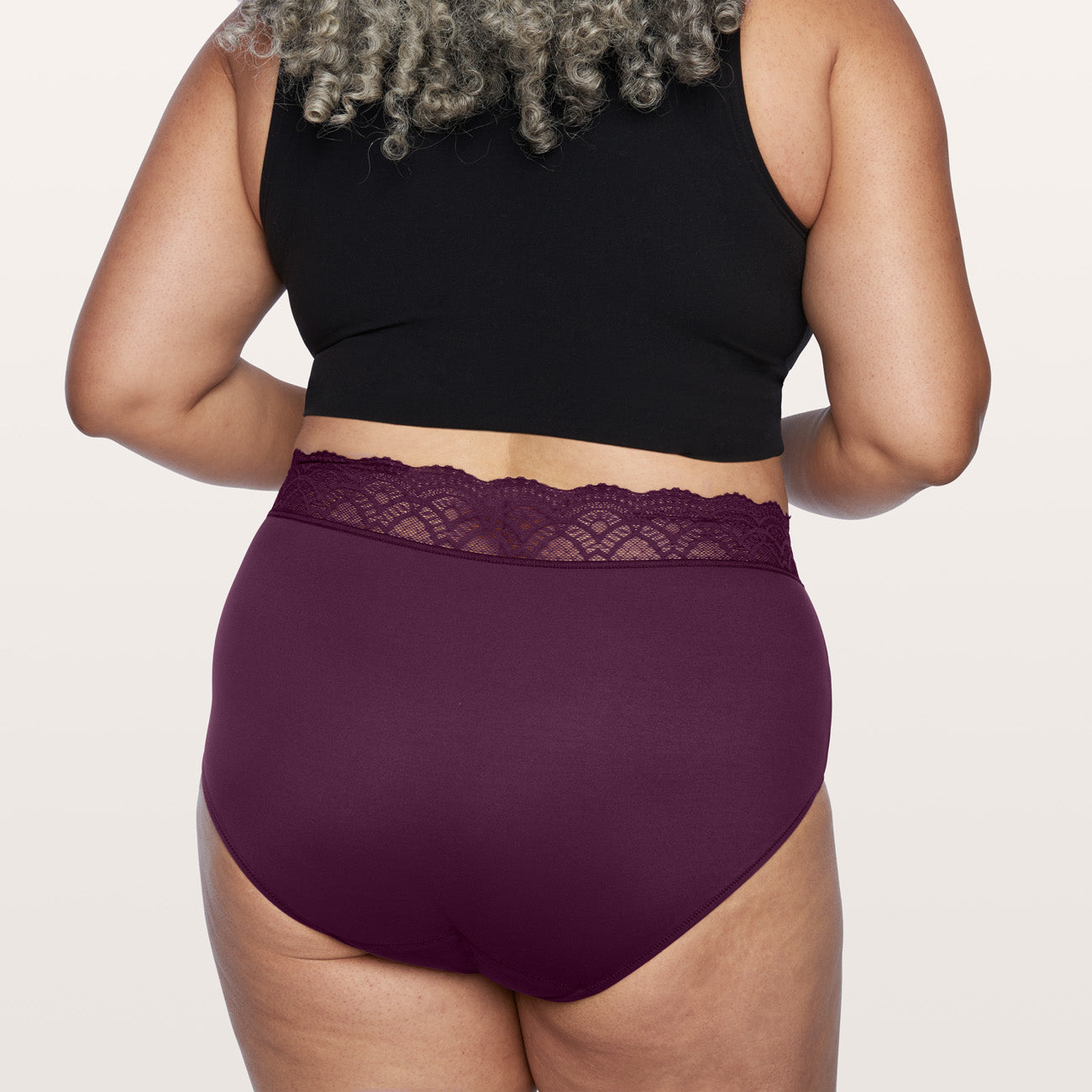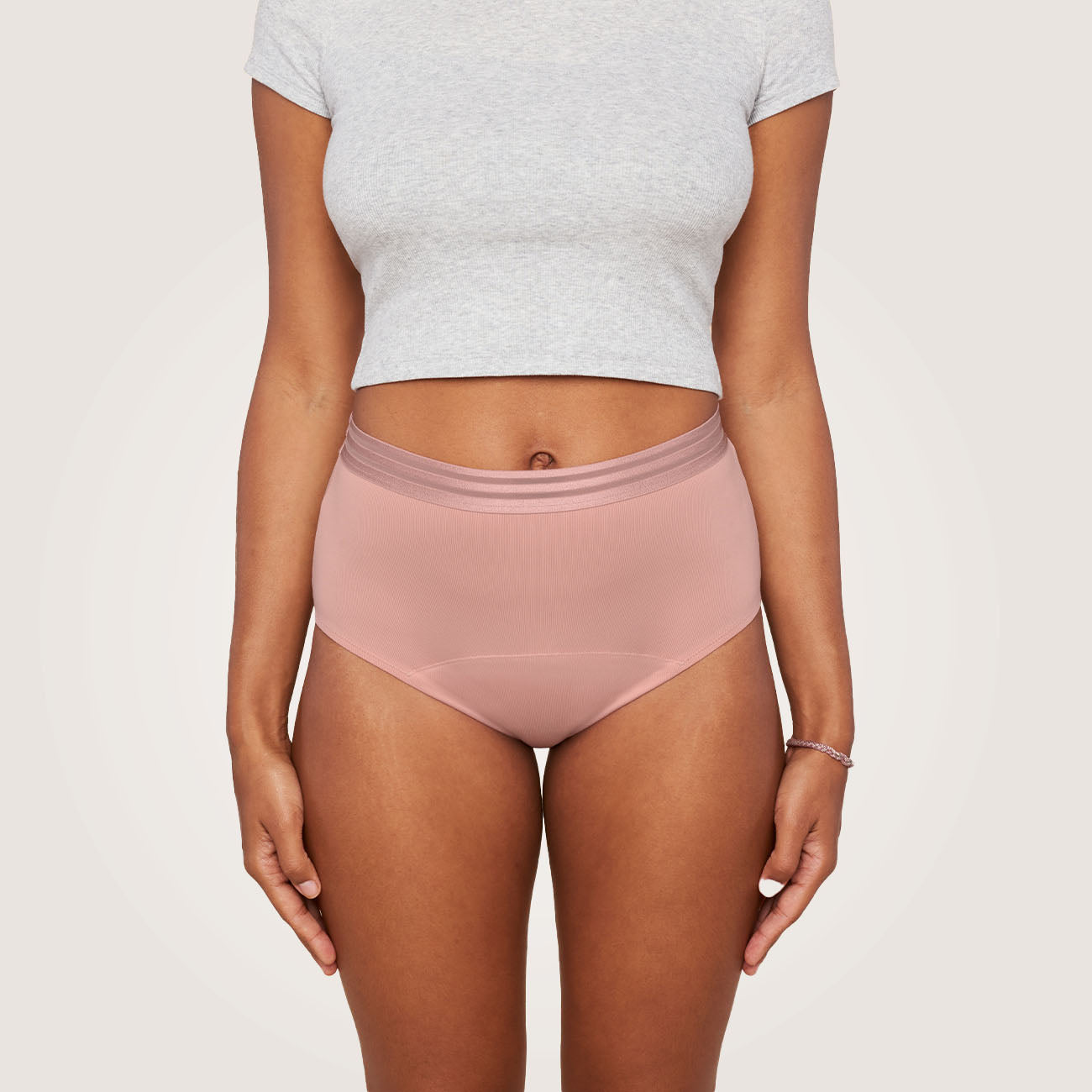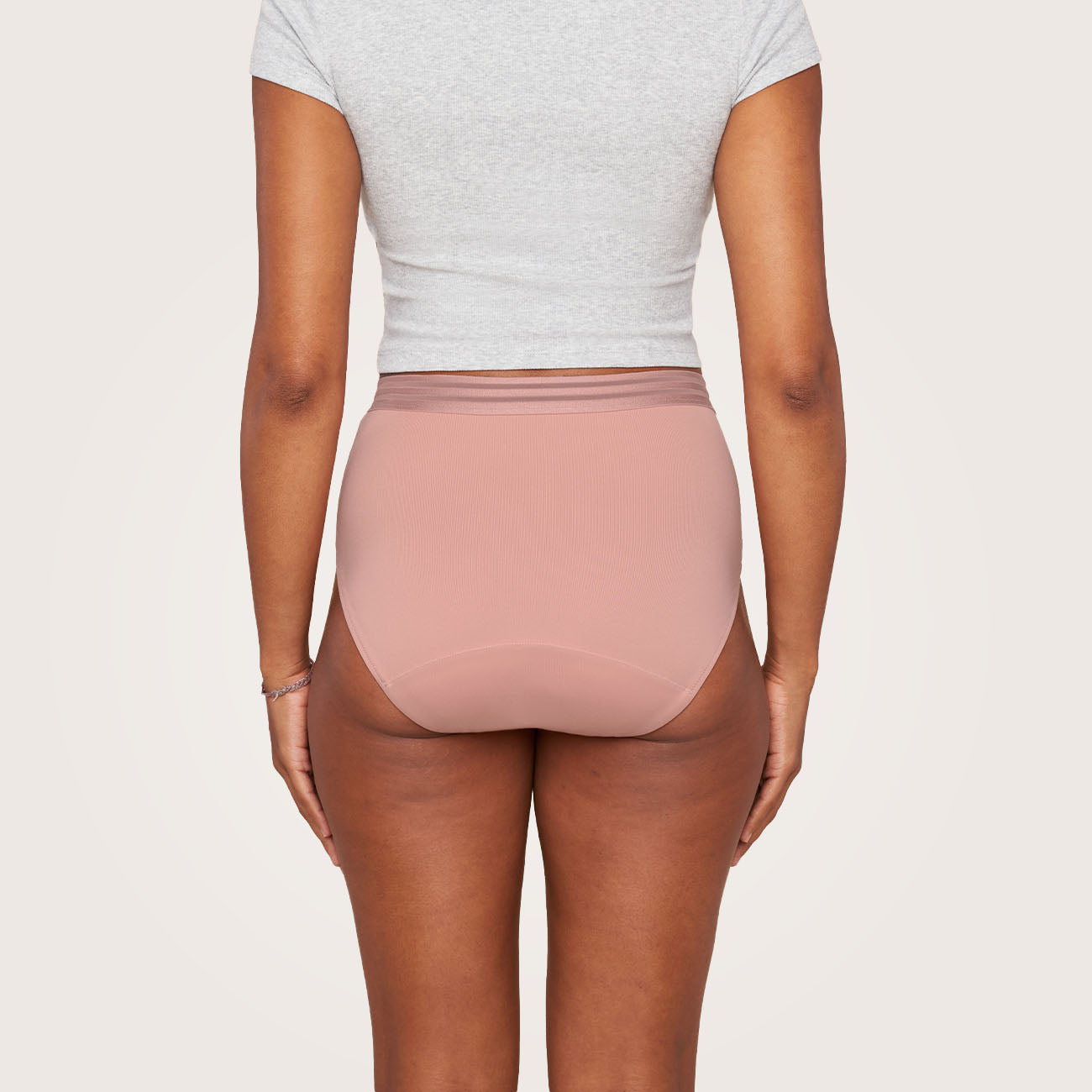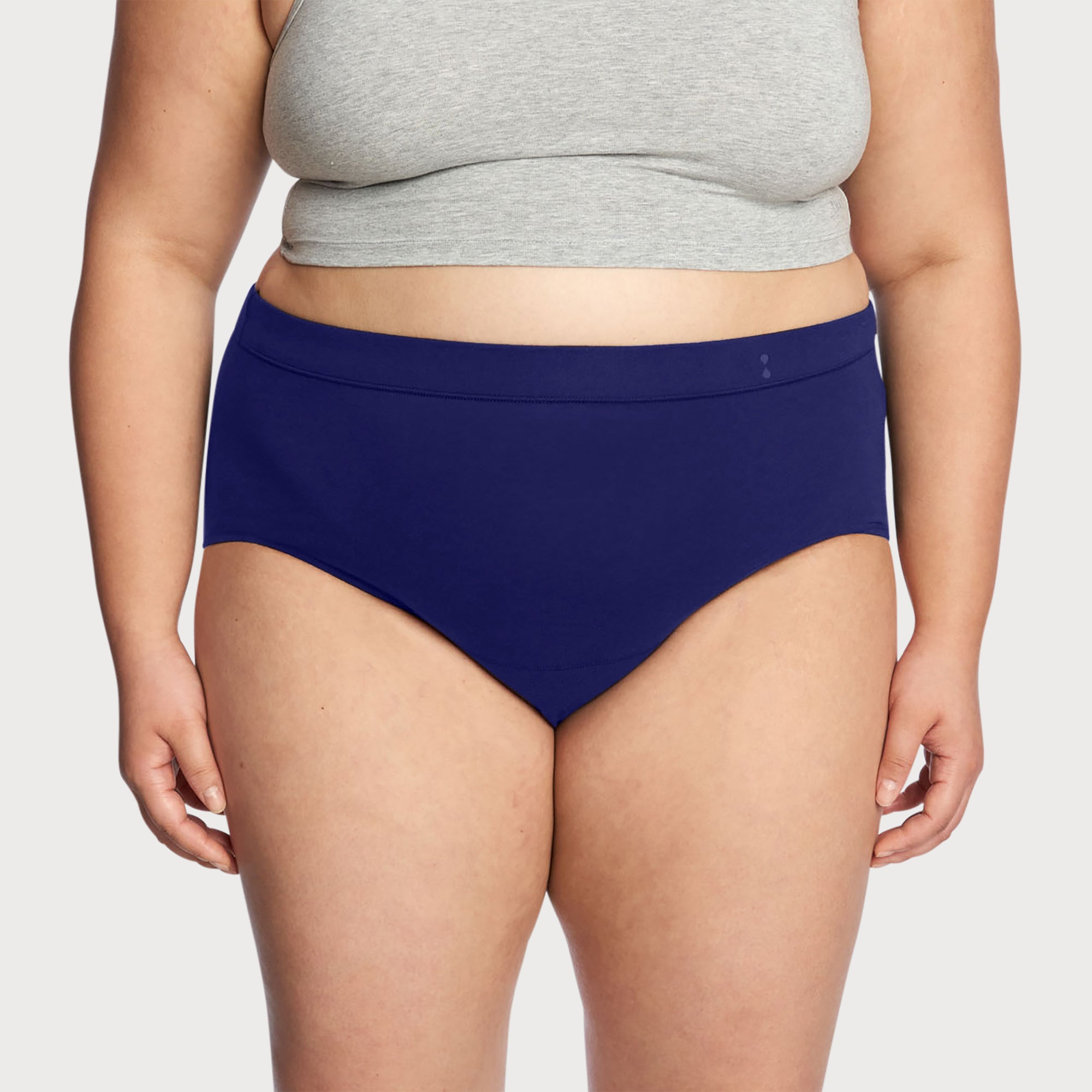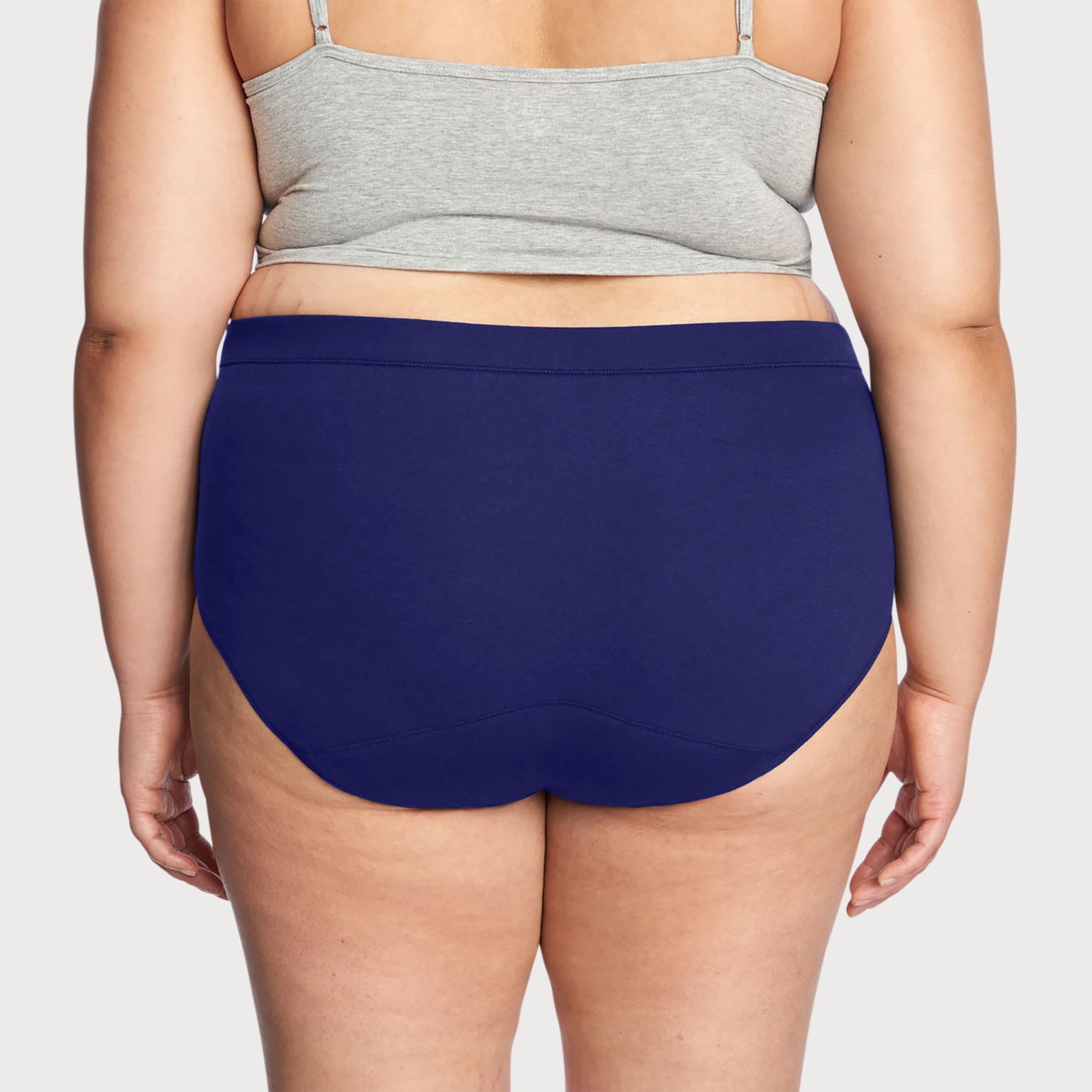Insomnia During Period: How Your Period Influences Sleep
- Share this article Copy to clipboard

Just when you've already dealt with bloating, cramps, and mood swings, you're now faced with another problem –– not getting good sleep. What gives? If you find yourself tossing and turning more at night during your period, read on to find out why this happens and what you can do about it.
understanding insomnia during a period
Hormonal changes during your menstrual cycle, which play a significant role in sleep patterns, can answer how your period messes with your sleep. Progesterone, which rises after the ovulation phase and peaks during your luteal phase, has a calming effect and can make you feel sleepy. However, as your period approaches, both progesterone and estrogen levels drop sharply. The sudden lowered levels of this hormone can lead to sleep disturbances and insomnia.
Insomnia is a kind of sleep disruption that causes you to wake up and feel restless throughout the night. With sleep deprivation, you may wake up feeling groggy and irritable the next day. Although some people end up sleeping a lot during periods, it’s common to have insomnia and trouble falling asleep – both lead to poor sleep quality.
what contributes to insomnia?
Now that we’ve established the hormonal groundwork let’s explore other factors that can contribute to insomnia during your period.
stress and anxiety - The emotional rollercoaster of premenstrual syndrome (PMS) and premenstrual dysphoric disorder (PMDD) can increase your feelings of stress and anxiety. These mental health challenges cause less production of melatonin that helps you sleep, leading to a racing mind at night and less to no sleep.
circadian rhythm - Your body’s internal clock, or circadian rhythm, can be thrown off by hormonal changes or bad sleeping habits. This disruption can make it difficult to maintain a regular sleep schedule and, therefore, disrupt your sleep cycle.
menstrual symptoms - Beyond cramps, symptoms like bloating, gastrointestinal issues, breast tenderness, and menstrual fatigue can also add to the discomfort, further preventing you from getting good sleep.
tips to manage insomnia at night
So, what can you do to combat period insomnia and get your much-needed rest? Addressing sleep deprivation is important as it can also affect the timing of your ovulation after your period. Once this is affected, you will go back to dealing with sleep problems and go through the same cycle.
Creating a bedtime routine that promotes relaxation can be highly beneficial. Start by winding down at least an hour before bed — this means turning off electronic devices, which can emit blue light that interferes with your body's production of melatonin, the sleep hormone. Instead, engage in calming activities like reading a book, taking a warm bath, or practicing gentle yoga or meditation. These practices can help signal to your body that it's time to sleep, making it easier to fall and stay asleep.
Additionally, consider your sleeping environment. Ensure your bedroom is cool, dark, and quiet, as these conditions are conducive to better sleep. Investing in a comfortable mattress and pillows can also make a significant difference. If cramps are a major sleep disruptor, try using a heating pad before bed to help alleviate discomfort. Lastly, watching your diet can help; avoid caffeine and heavy meals close to bedtime, and opt for sleep-promoting foods like bananas, almonds, and chamomile tea. By implementing these strategies, you can better manage period-related insomnia and enjoy more restful nights.
how to sleep on your period without leaks
Insomnia during your period is a common challenge, but understanding the factors behind it can help you take steps to manage it. From hormonal fluctuations to physical discomfort and stress, there are many reasons why your period might be messed up. But with a few adjustments to your bedtime routine and the help of products like Thinx sleep shorts and leakproof period underwear, you can improve your sleep quality and feel more rested during and after your menstrual cycle.
So, the next time you’re struggling to get some shut-eye during your period, remember that you’re not alone, and there are strategies to help you get through it!
sources
Sleep Foundation. Period insomnia: How PMS and PMDD impact sleep. https://www.sleepfoundation.org/insomnia/pms-and-insomnia
Cleveland Clinic. Low Progesterone: Causes, Symptoms, Tests & Treatment. https://my.clevelandclinic.org/health/diseases/24613-low-progesterone
WebMD. Why PMS gives you insomnia. https://www.webmd.com/women/pms/features/why-pms-gives-you-insomnia
Cleveland Clinic. Night Sweats and Women's Health. https://my.clevelandclinic.org/health/symptoms/16562-night-sweats-and-womens-health




